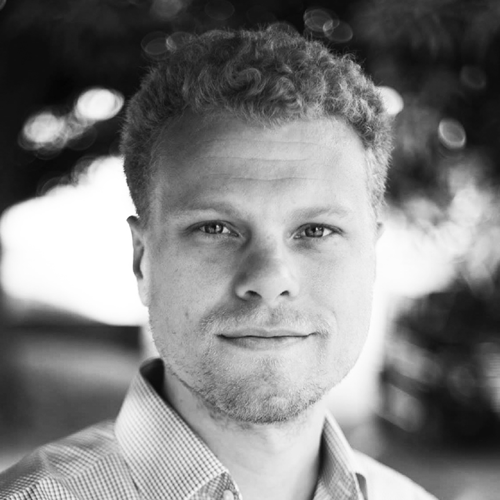As part of his PhD, he conducted a large randomized control trial (RCT) with the Bandim Health Project to compare two types of BCG vaccine. He hypothesized that there would be differences in mortality depending on the BCG vaccine strains given to newborns. They randomly assigned them to two distinct types of BCG and then did this trial with 12,000 children. As a result of this work, Frederik has published more than five scientific papers and was selected for the Danish Ph.d. Cup competition for the best PhD in 2021 within health sciences, representing SDU in competition with other young Danish researchers, an experience he describes as valuable because of the communication skills he gained.
Assistant Professor Schaltz-Buchholzer also completed his postdoctoral training in Guinea-Bissau, where he conducted an RCT with adults and the BGC vaccine in collaboration with a large network of different countries, including Denmark, Portugal, University of Cape Verde and the Manhiça Research Centre in Mozambique.
Currently, Frederik Schaltz-Buchholzer is working on a trial in Denmark involving patients with chronic obstructive pulmonary disease and the administration of BCG vaccine. Thanks to this trial, he has been offered an assistant professorship at the SDU. He is still involved in the studies in Guinea-Bissau investigating the non-specific effects of BCG vaccine on neonatal health, the reduction of infant mortality (especially male infants) and the relationship between maternal BCG scarring and protection against adverse pregnancy outcomes. To conduct these studies, Frederik and the Bandim Health Project team are collecting data on 200,000 people, tracking births, pregnancies, vaccinations, hospitalizations, and deaths.
He is vice-president of the Danish Society for Tropical Medicine and International Health , and the society's second delegate to the Federation of European Societies for Tropical Medicine and International Health (FESTMIH). In 2024, he has been on EPICUR’s Early Career Researcher’s Board.
Frederik's interest in global health began early in his life. He has always been interested in visiting new countries and learning about new cultures. He describes himself as having a strong urge to broaden his horizons and gain new experiences abroad. As a medical student, he has been to Brazil twice, on clinical rotations during his second and fourth years. During these experiences, Frederik took some time off to travel around Latin America. As a student, he also went to Sweden for a 3-month student exchange and visited Japan with the same purpose. The first time he went to West Africa was in 2012 as a research student with the Bandim Health Project, and since that experience he has continued to work in Guinea-Bissau.
Frederik stresses that a key challenge in global health is securing funding for projects. While people are often eager to support trials or breakthrough innovations, he believes that the real breakthrough is the 46-year data collection of SDU’s Bandim Health Project that makes continuous work possible - yet it is often difficult to obtain funding for “routine” data collection.
Assistant Professor Schaltz-Buchholzer´s work is closely aligned with the Sustainable Development Goals (SDGs), as it focuses on reducing child, neonatal and maternal mortality - key targets for improving global health and well-being.
Frederik Schaltz-Buchholzer encourages students and young researchers to join the Bandim Health Project in Guinea-Bissau. The project often offers opportunities for research positions, including year-long positions and PhD programmes, providing an excellent platform to advance your academic and professional career.
